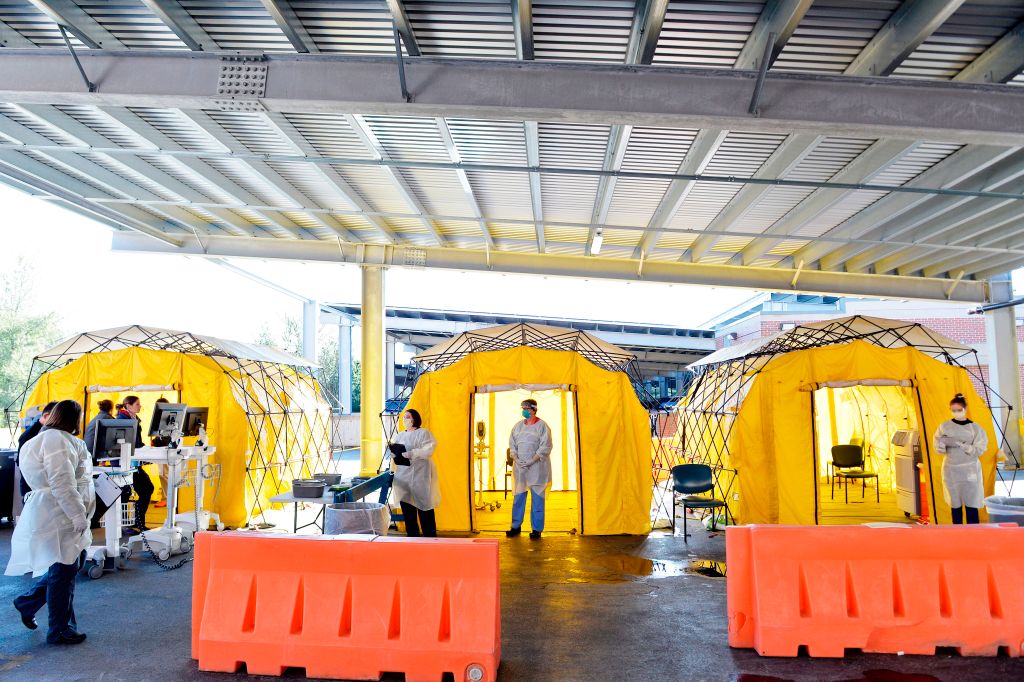Last week I reported here a Stanford University study which found that infection with SARS-CoV-2 – the virus which causes Covid-19 – could be over 50 times as widespread in one Californian county than official figures suggested.
Now comes yet another piece of evidence suggesting similarly huge under-reporting of cases. Researchers from Massachusetts General Hospital performed antibody tests on 200 random members of the public they found on the streets of Chelsea, near Boston. They discovered that 32 per cent of them had antibodies suggesting they had already been infected with the virus – official figures show that just 2 per cent of the local population had been confirmed to be suffering from the virus.
The usual caveats apply here as with much of coronavirus research at present. It is not a peer-reviewed study. It included only 200 people and the sample cannot be considered representative of the population of Massachusetts, or even Chelsea. The test used has not been approved by the US Food and Drug Administration, although it is considered good enough for the hospital. But it is an indication of what we can perhaps expect to find when we do have the results of large-scale community tests. A lot of evidence is now pointing in the same direction: that Covid-19 has spread far further and more easily than anyone initially imagined, but that it is correspondingly less deadly.
In addition to the Stanford and Massachusetts studies, we also have a study from the German town of Gangelt, where 15 per cent of the population were found to have had the virus. Yesterday, I reported that a forthcoming study into the prevalence of the infection in Stockholm will – according to Sweden’s former chief epidemiologist Johan Giesecke – show an infection rate in the order 10 to 30 per cent.
These all matter because they suggest that Covid-19 is far more prevalent – and correspondingly less deadly – than has been widely assumed. Moreover, they give credence to the government’s original policy – swiftly dropped upon the publication of the Imperial College paper on 16 March – of relying on herd immunity to get us out of the coronavirus crisis. No study has yet indicated that 60 per cent of a country’s population is infected with SARS-Cov-2 – the proportion that chief scientific adviser Sir Patrick Vallance suggested would be required to achieve herd immunity – but they do suggest that some parts of the world might be well on the way.
It ought to be emphasised that still there is something inadequate about this body of evidence – the studies are all quite small – but it underlines just how much we need community antibody tests to inform us of what path to take from here.
This article is free to read
To unlock more articles, subscribe to get 3 months of unlimited access for just $5








Comments
Join the debate for just £1 a month
Be part of the conversation with other Spectator readers by getting your first three months for £3.
UNLOCK ACCESS Just £1 a monthAlready a subscriber? Log in